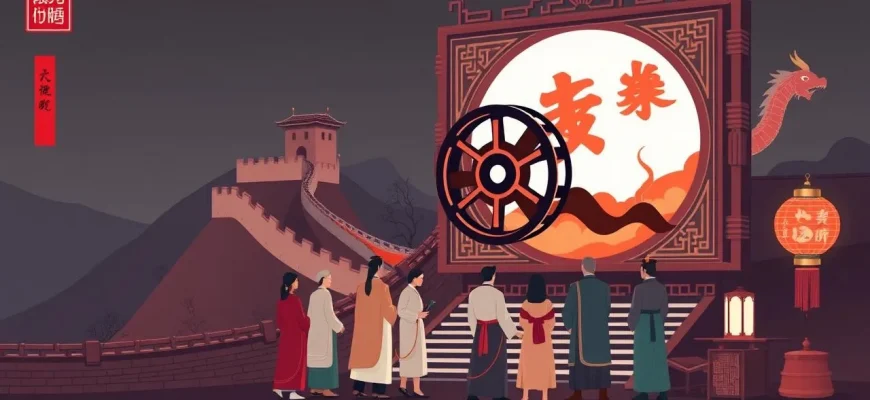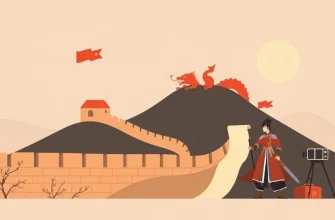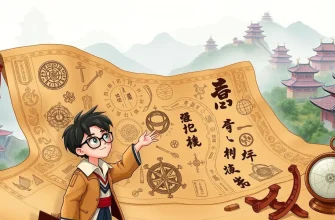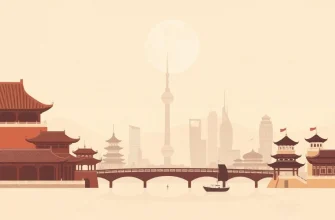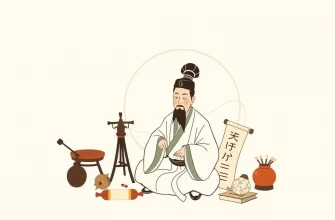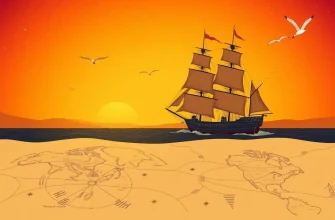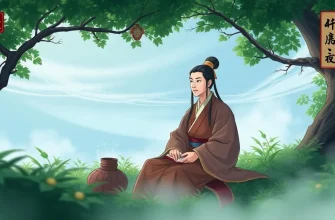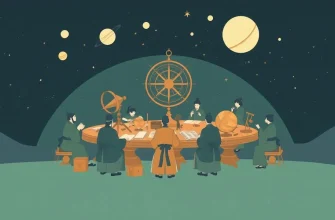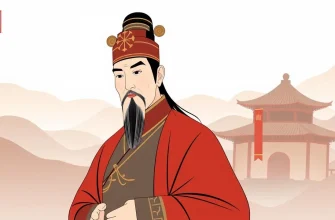Embark on a cinematic journey through the annals of Chinese history with our curated selection of films. These movies not only entertain but also educate, shedding light on the intricate layers of China's cultural heritage, from ancient dynasties to modern times. Whether you're a history buff or simply love a good story, these films promise to transport you to another era, offering insights into the traditions, conflicts, and evolution of one of the world's oldest civilizations.

The Last Emperor (1987)
Description: This epic biographical drama chronicles the life of Puyi, the last Emperor of China, from his ascension at age three to his life in Communist China. It's a poignant look at the end of an era and the personal journey of a man caught between tradition and modernity.
Fact: The film was the first Western production to be allowed to film in the Forbidden City in Beijing.
 Watch Now
Watch Now 
Farewell My Concubine (1993)
Description: This epic spans over 50 years, telling the story of two Peking opera performers whose lives are intertwined with the tumultuous history of China, from the Warlord Era to the Cultural Revolution.
Fact: The film was nominated for two Academy Awards and won the Palme d'Or at Cannes.
 Watch Now
Watch Now 
The Emperor and the Assassin (1998)
Description: This historical drama recounts the story of the first Emperor of China, Qin Shihuang, and his relationship with a would-be assassin, exploring themes of power, betrayal, and the cost of unification.
Fact: The film was banned in China for its portrayal of the Emperor, but it was critically acclaimed internationally.
 Watch Now
Watch Now 
Hero (2002)
Description: This visually stunning film directed by Zhang Yimou explores the themes of loyalty, sacrifice, and the unification of China under the Qin Dynasty. It's a tale of a nameless warrior who recounts his journey to assassinate the King of Qin, weaving a narrative rich with historical allegory.
Fact: The film was shot using a color-coded narrative style, where each story is told in a different color, symbolizing various aspects of Chinese philosophy.
 Watch Now
Watch Now 
The Banquet (2006)
Description: Inspired by Shakespeare's "Hamlet" but set in ancient China, this film explores themes of revenge, power, and love within the royal court, showcasing the elegance and drama of the Tang Dynasty.
Fact: The film was originally planned as a direct adaptation of "Hamlet" but was adapted to fit Chinese historical context.
 Watch Now
Watch Now 
Red Cliff (2006)
Description: Set during the Tang Dynasty, this film delves into the opulent yet treacherous life within the imperial palace, exploring themes of power, betrayal, and family dynamics. It's a visually sumptuous tale of intrigue and tragedy.
Fact: The film features one of the largest sets ever built for a Chinese film, showcasing the grandeur of the Tang Dynasty.
 Watch Now
Watch Now 
The Warlords (2007)
Description: This film, set during the Taiping Rebellion, follows the rise and fall of a brotherhood of warlords, highlighting the moral dilemmas and the brutal realities of war in late Qing Dynasty China.
Fact: It was one of the most expensive Chinese films ever made at the time of its release.
 Watch Now
Watch Now 
The Great Wall (2016)
Description: While not strictly historical, this film offers a fantastical take on the construction of the Great Wall, blending Chinese mythology with epic storytelling to explore themes of unity and defense against external threats.
Fact: It was the most expensive film ever made in China at the time of its release, with a budget of $150 million.
 Watch Now
Watch Now 
To Live (1994)
Description: Spanning several decades, this film follows a family through the turbulent times of China's history, from the Chinese Civil War to the Cultural Revolution, offering a personal perspective on historical events.
Fact: The film was banned in China for its critical portrayal of the Cultural Revolution.
 30 Days Free
30 Days Free 
